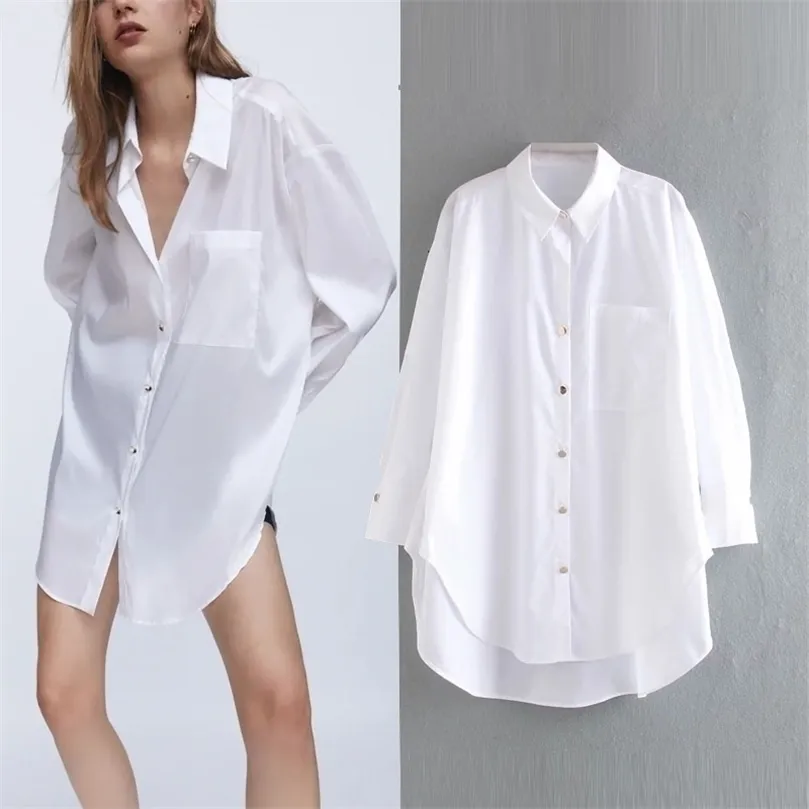And nothing she needs”: Victoria's Secret and the Gaze of “Post-Feminism”
4.8 (421) · $ 17.99 · In stock
A study of the Victoria’s Secret catalogues, which frames the period 1996-2006, reveals that the models’ poses and postures manipulate the formulaic gaze of objectification with seemingly empowering themes. Instead of the indeterminate, averted looks that Berger (1972) and Mulvey (1989) considered in their analyses, the more recent versions of Victoria’s Secret photographs confront viewers with pouts, glares, and stares of defiance. In this essay, I contribute to current conversations regarding mixed messages that concern post-feminism and third-wave feminism (Duffy, Hancock, & Tyler, 2017; Glapka, 2017; McAllister & DeCarvalho, 2014; McRobbie, 2009). In this regard, the Victoria’s Secret catalogues constitute an important artifact of the turn of the 21st century decade, one which saw the rise of so-called “raunch culture” and increasing depictions of hyperfemininity and hypersexuality in popular and celebrity culture (Donnelly & Twenge, 2017; Renninger, 2018; Scott, 2006, 2010; Zaslow, 2018).

DOC) Commodification of Femininity Under the Neoliberal & Postfeminist Lens: Final Essay Katie Budd -500506439 CSOC633: Sex, Gender Identities, and Sexualities

PDF) Semiotics Ideology and Femininity in Popular Pakistani Women's Magazines

PDF) Mediated intimacy and postfeminism: a discourse analytic examination of sex and relationships advice in a women's magazine

PDF) Through the (New) Looking Glass: Gendered Bodies, Fashion and Resistance in Post-war New Zealand

And nothing she needs”: Victoria's Secret and the Gaze of “Post-Feminism”

Erotic Advertising Fashion Photography: Case Studies of The Male and Female Gaze Modes of Viewing Between Tom Ford and Chanel Photographs (By Allen Shieh), PDF, Fashion

Marc OUELLETTE, Professor (Associate), Doctor of Philosophy, Old Dominion University, Virginia, ODU, Department of English

PDF) Gender Role Identity and Attitudes Toward Feminism

PDF) “And nothing she needs”: Victoria's Secret and the Gaze of “Post- Feminism”











